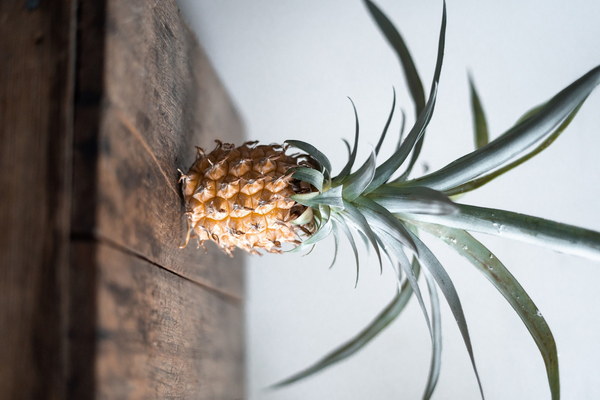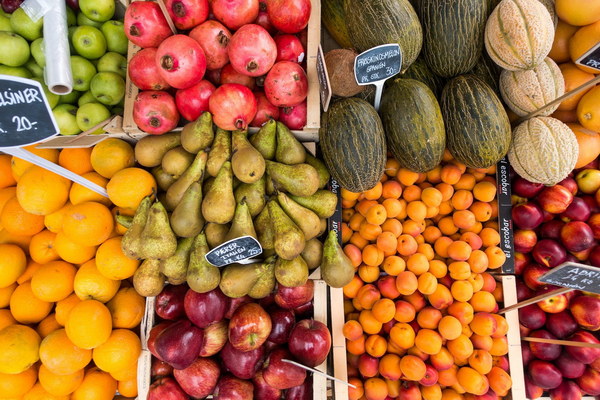Nourishing the Body A Guide to Traditional Chinese Food Supplements for Wellness
In the realm of traditional Chinese medicine, food supplements play a vital role in maintaining and enhancing overall health. These natural remedies are designed to nourish the body from the inside out, promoting balance and vitality. This article explores the benefits of some popular traditional Chinese food supplements and how they can contribute to your well-being.
1. Goji Berries (Lycium barbarum)
Goji berries are a well-known superfood in Chinese medicine, renowned for their ability to boost the immune system, improve vision, and enhance longevity. Rich in antioxidants, vitamins, and minerals, these small red berries help to nourish the kidneys, liver, and lungs, and support the body's defense mechanisms.

To incorporate goji berries into your diet, add them to smoothies, oatmeal, or simply enjoy them as a healthy snack. Their sweet and tangy taste is a delightful addition to a variety of dishes.
2. Astragalus (Astragalus membranaceus)
Astragalus is a powerful herb that has been used in Chinese medicine for thousands of years. It is believed to strengthen the immune system, improve energy levels, and promote overall health. This adaptogenic herb helps to tonify the body, supporting its ability to cope with stress and maintain balance.
Astragalus can be consumed in various forms, including teas, soups, and as a supplement. It is often combined with other herbs to enhance its therapeutic properties.
3. Ginseng (Panax ginseng)
Ginseng is another revered herb in traditional Chinese medicine, prized for its ability to boost energy, improve cognitive function, and enhance the immune system. This adaptogenic herb is believed to balance the body's yin and yang energies, promoting harmony and vitality.
There are several types of ginseng, each with its unique properties. Asian ginseng (Panax ginseng) is the most commonly used, and it can be consumed in the form of teas, powders, and capsules.
4. Licorice Root (Glycyrrhiza uralensis)
Licorice root is a versatile herb with a sweet, aromatic flavor. In Chinese medicine, it is often used to harmonize the body's systems, alleviate stress, and support the immune system. Licorice root is believed to balance the body's yin and yang energies, making it a valuable herb for those seeking overall well-being.
This herb can be found in teas, tinctures, and as a dietary supplement. However, it is important to consume licorice root in moderation, as excessive intake may lead to side effects.
5. Rehmannia (Rehmannia glutinosa)
Rehmannia is a root herb known for its ability to nourish the blood, support the kidneys, and enhance reproductive health. It is often used in conjunction with other herbs to treat conditions such as anemia, weakness, and fatigue.
Rehmannia can be taken in various forms, including teas, powders, and capsules. It is commonly found in combination formulas designed to support specific health concerns.
6. Codonopsis (Codonopsis pilosula)
Codonopsis is a valuable herb in Chinese medicine, known for its ability to boost energy, support the immune system, and enhance overall vitality. It is often used to treat chronic fatigue, weakness, and stress-related conditions.
This herb can be consumed in the form of teas, soups, and as a dietary supplement. Codonopsis is often combined with other herbs to enhance its therapeutic properties.
Incorporating traditional Chinese food supplements into your daily routine can have a profound impact on your health and well-being. By nourishing your body with these natural remedies, you can support your immune system, enhance your energy levels, and promote balance and harmony within your body.
Remember to consult with a healthcare professional before starting any new supplement regimen, as certain herbs may interact with medications or have contraindications for specific health conditions. With the right approach, traditional Chinese food supplements can be a valuable addition to your path to wellness.









